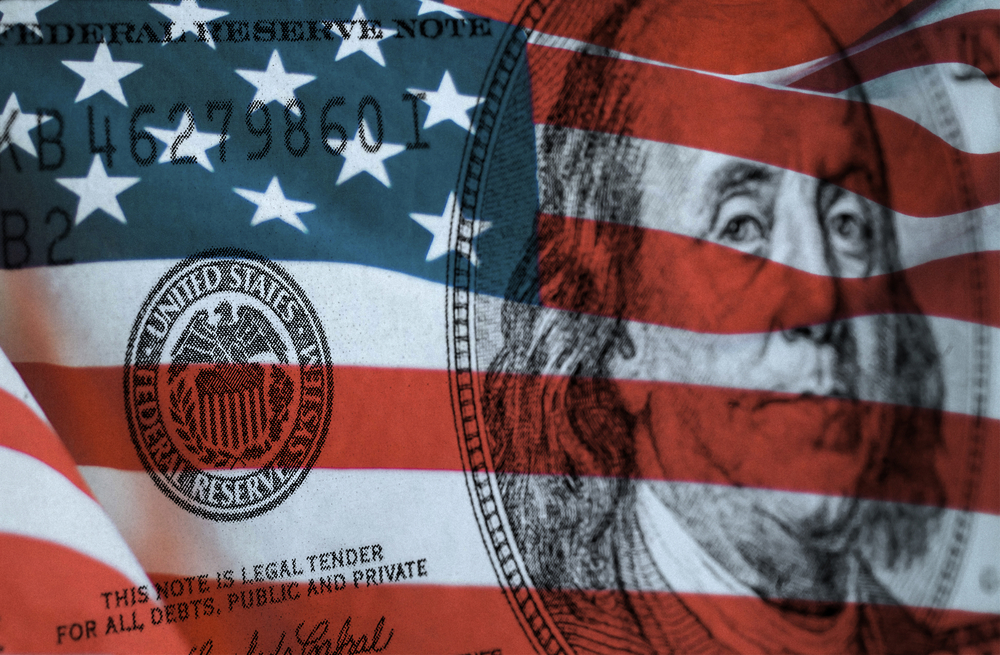The House Subcommittee on Monetary Policy and Trade held a hearing last week to examine a number of legislative proposals to reform the Federal Reserve.

“Almost a decade after the Great Recession, returning to a more reliable monetary policy is long overdue,” Subcommittee Chairman Rep. Andy Barr (R-KY) said. “Today the subcommittee considered important legislative proposals to improve the rules-of-the-game for both our monetary policymakers and Congressional overseers. These reforms provide for a monetary policy that is better informed about economic conditions throughout our country while focusing the Federal Reserve on what it alone can do.”
The lawmakers and witnesses looked at a variety of proposals in Congress, including one to establish requirements for salaries, financial disclosures, and office staff and one to set blackout period for public communications by the Federal Open Market Committee. Further, they discussed a proposal to bring non-monetary policy related functions of the Fed Board into the appropriations process.
They also discussed proposals to modify the appointment process for presidents of the Federal Reserve Banks, revise the membership of Federal Open Market Committee, and require the Federal Open Market Committee to establish interest rates on balances maintained at a Federal Reserve Bank by depository institutions.
“Good monetary policy helps Main Street America—its workers, retirees, and savers—by ensuring that the economy does not stall due to an insufficient supply of money or overheat due to an excessive supply of money. To accomplish this task, the Federal Reserve needs to conduct its business in a neutral fashion, and be as transparent as possible to remain accountable to the public through their elected representatives. Congress can implement many reforms to improve transparency and accountability at the central bank,” Norbert Michel, director of the Center for Data Analysis at The Heritage Foundation, said.
Alex Pollock, the distinguished senior fellow at the R Street Institute, said the Federal Reserve needs to be accountable to the Congress and subject to appropriate check and balances.
“Until or unless the Fed’s use of interest payments on banks’ reserve balances can be confined as described—as long, in other words, as adjustments to those payments continue to serve as an important determinant of the Fed’s monetary policy stance—the power to make those adjustments should rest solely with the FOMC, where it clearly belongs,” George Selgin, senior fellow and director of the Center for Monetary and Financial Alternatives at The Cato Institute, said.